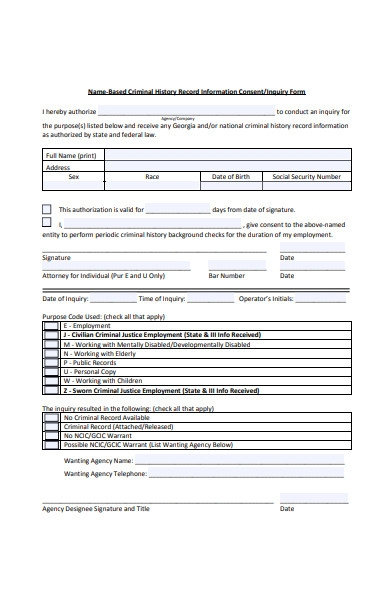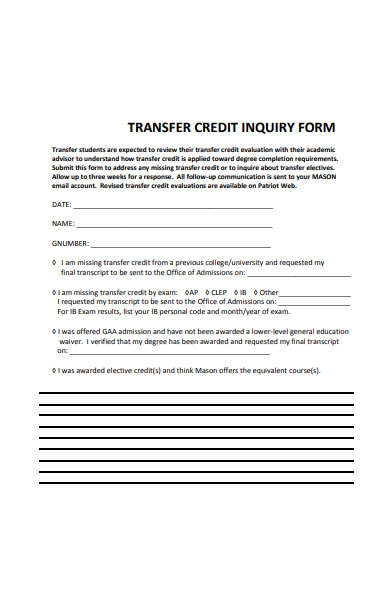Gmu Credit Transfer Inquiry Form – If you’re unsure about the transfer process and want to know more, you can submit an Application for Transfer Credit Acquired Form or the TCAF. There’s a possibility that you’ve a course that you didn’t complete or didn’t receive a grade for that you’re unsure if you could utilize it towards your degree. The good news is that you can. Most courses that score an C or better will not require material review. It is important to keep in mind that coursework that doesn’t transfer to a specific U-M class is considered to be departmental credit. If it’s not, you can’t transfer it to a U-M program and it could not be able to fulfill the requirements for the degree.
The coursework must earn a mark equivalent to a grade of C or higher.
For your course to transfer, they must have earned the standard of C or higher. To be eligible for transfer credit, the courses must have been taken at an accredited institution that is accredited, like The Higher Learning Commission or the Middle States Association of Colleges and Schools (MASAC). International programs must be evaluated upon an individual basis. Transcripts that are official must be presented to the CCS. Your previous institution should accept the courses.
For credits to be transferred from your former college, courses completed at a foreign institution need to have been graded of C or better. Pass/Satisfactory grades are not considered transferable, nor is development coursework, college algebra or technical and career courses. However this policy has been changed during the COVID-19 disease, and courses taken prior to this can be considered transferable.
To earn transfer credits, courses taught at institutions accredited by regional accreditation must have earned a grade equivalent to “C” or better in the previous institution. To transfer credits these courses must be similar in scope and in content. While a grade of C is the minimum required for credit that can be transferred, some institutions accept grades of “D” or higher. Accreditation organizations comprise that of Middle States Association of Colleges and Schools as well as the New England Association of Schools and Colleges The Northwest Association of Schools and Colleges, together with Southern Association of School and Colleges.
TCEL lists courses that have transferred to Clemson before. This is not an exhaustive listing, and any courses not mentioned here must be assessed when applying to Clemson. In addition, the TCEL listing also lists different course equivalents, but the list is not a reflection of the differences regarding credit hours between institutions. Additionally, even though the TCEL list courses that are equivalent to the courses offered by other colleges however, the Office of Admissions’ evaluations are based on current information.
While your previous course could be acceptable to you, it is imperative to review its academic consequences. If you are unable to successfully complete the required coursework think about retaking it. You must earn at the very least a “C” in the course and also meet any stipulations of the university. When you are taking a class two or three times can impact your cumulative GPA so you need to be aware of this before deciding to repeat it.





